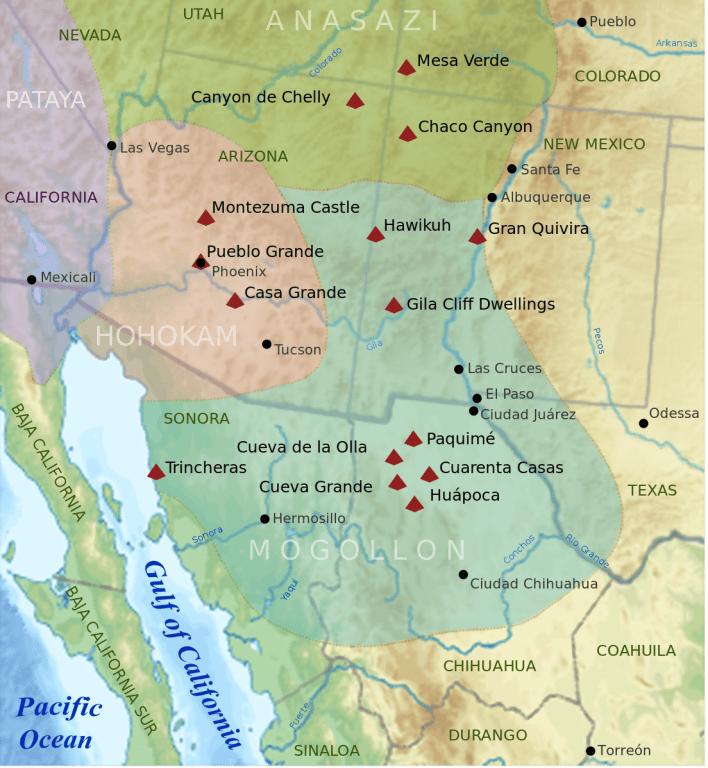
These cases are difficult. There are a number of things that I dislike about Lawrence Krauss, and I don’t find it at all difficult to believe that he thinks himself entitled and that he’s guilty of some or all of the offenses that have been laid at his feet. On the other hand, academic investigations of sexual harassment and misconduct are notoriously prone to ignore due process, elementary rules of evidence, the presumption of innocence, and the rights of the accused — precisely the things that worried me most in the matter of Brett Kavanaugh.
For what it’s worth, Senator Jeff Flake, for whom I have several times expressed my admiration, comes down somewhere near where I do on the Kavanaugh matter, though I probably lean a bit more toward Kavanaugh than he does:
“Arizona Sen. Jeff Flake tells ‘The View’ he’s not sure he believed Brett Kavanaugh”
In the end, I simply felt that Judge Kavanaugh’s accuser — I counted only Christine Blasey Ford as credible; the other two could not, in the end, be taken seriously — had not met the minimum burden of proof and that the presumption of Judge Kavanaugh’s innocence had therefore not been overcome.
What is the truth about Lawrence Krauss? I cannot say.
***
But now for some interesting news about actual science:
“There’s a Strange Cloud on Mars Right Now, and It’s Just Hanging Around”
Could there possibly be microbial life on Mars?
***
Meanwhile, back on Earth, a glimpse into archaeology as it’s actually done (very unlike what’s often shown in the movies) and a glance at a curious archaeobotanical mystery:
***
But here’s something from roughly 310 million years ago in Arizona — which is almost as foreign to us as Mars:
And now we go back into even more distant times:












